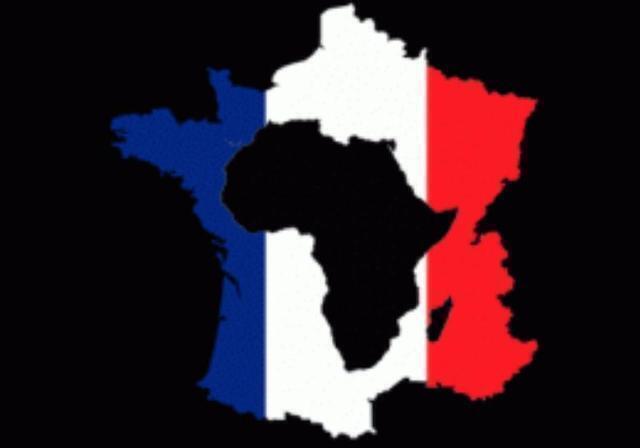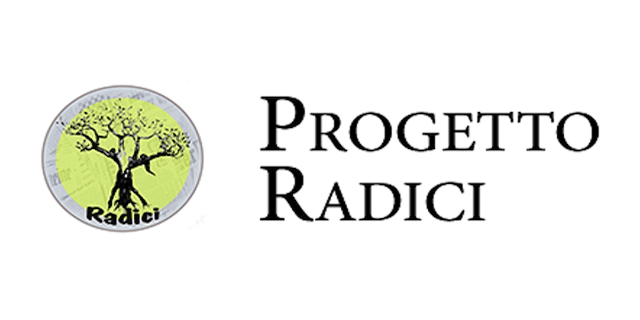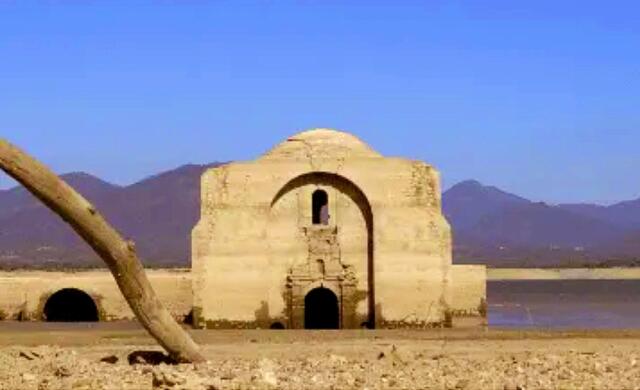On the economic ties between France and its former colonies on the African continent

Sawssen Mabrouk
For decades, controversies lingered in Africa over economic ties between France and its former colonies on the continent. French President Emmanuel Macron does not appear ready to end the unequal and unfair relationship in this regard.
His country continues to control the trade and currency of former colonies.
Trade was one of the causes of French colonialism; In the Maghreb, the ports of Tunisia and Algeria were an essential terminal for transit and transport of goods.
The French colonialism added to it some ports, the most important of which is in Casablanca, Morocco; The Chambers of Commerce in France encouraged their construction in order to increase the volume of trade.
The control of international trade also included the imposition of authority over the sea lanes between Africa and Asia, which was the reason behind the British colonization of Djibouti, in order to control the Suez Canal in 1869.
At the beginning of the twentieth century, railways were established from Dakar, the capital of Senegal, to Sudan, and then to Guinea, the Ivory Coast, and Dahomey, which is now Benin and Togo.
The author, “André Gide”, in his book “The Congo Journey” documented the violations that the French inflicted on the Congo during the construction of a railway line in 1927.
After the Great Depression that lasted between 1929 and 1939, France decided to back down from colonialism, preferring to focus on trade.
In 1950 the colonial empire represented 60 percent of the volume of French foreign trade. Africa’s share of France’s exports reached 8.7 percent in 1970, and fell to 5 percent in 2015. This forced France to rethink its relations with the continent to maintain its hegemony.
France is now showing an interest in oil and gas, and the French “Total” depends on Africa to produce 28 percent of its gas and oil production. The French professor of geography, Frederick Monnier, said that 36.4 percent of French oil supplies come from Africa.
International economy
French companies enjoy many advantages, including the language, the currency in the region of the African franc (a single currency in circulation in 14 African countries), the support of the French government, in addition to the guarantees provided by the company “Coface” to French exporters, and we see that in the doubling of the share of the French company 4 times. Between 2005 and 2011, bringing the total to $ 23.4 billion.
In 2019, Macron announced France’s desire to reshape the currency of the African franc, namely the West African franc, which is used in 8 countries, and the Central African franc, the currency used in 6 countries.
And because of the CFA franc’s binding to the euro, France is able to direct the savings of these countries, requiring them to deposit 50 percent of their foreign exchange reserves in the French Ministry of Finance.
Meanwhile, Macron, in cooperation with Ivorian President Alassane Ouattara, announced their desire to replace the African franc with the “Eco” currency, to be the future currency of 15 countries.
But the most important and awaited decision among all of this is to end the obligation of African countries to pay 50 percent of their foreign exchange reserves to the French Ministry of Finance.
Money is considered a tool of state sovereignty, but even 60 years after independence, the former colonial countries of South Africa do not possess this sovereignty.
Ouattara defends the monetary union guaranteed by France, while Africans oppose and warn against this cooperation, because of its grave consequences, as it prevents currency competition and industrial development, and inhibits the country’s progress in the West African franc region.
International economy
According to Coface, the French trade decline in Africa has become largely evident, as the volume of French trade has decreased from 12 percent to only 6 percent, since 2001.
According to Philip Hogon, director of the Institute for International and Strategic Relations in Paris, going back a little bit, Africa’s share of France’s exports in 1970 was 8.7 percent, and fell to 5.6 percent in 2016.
Between 1970 and 2006, French exports to Africa rose from 13 to 28 billion dollars, while the size of the African market quadrupled, which explains France’s desire to maintain its grip on the franc currency.
Dr Sawssen Mabrouk correspondent Projet Radici Madenine Tunisia







